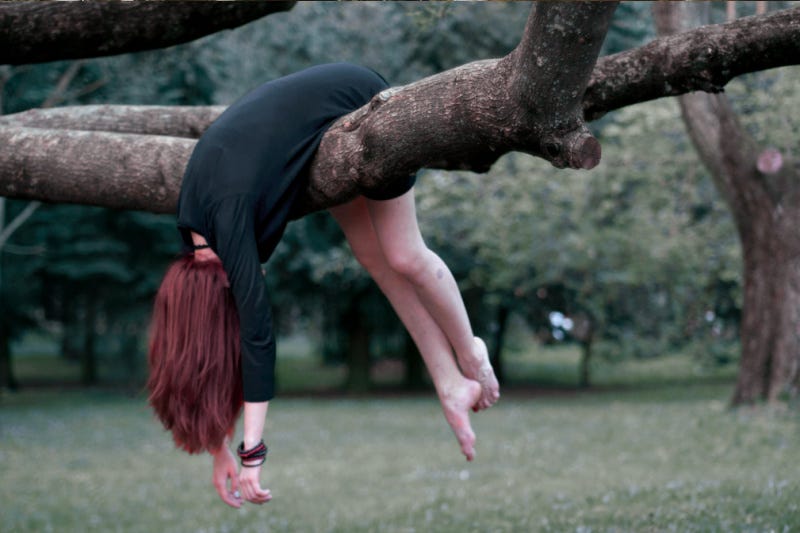The Role of Imagery in Shakespeare’s Sonnet Poetry
Shakespeare’s sonnets are renowned for their captivating language, powerful emotions, and timeless themes. One of the key elements that contribute to the enduring popularity of these poems is the use of vivid and imaginative imagery.
In this article, we will examine the role of imagery in Shakespeare’s sonnet poetry and how it elevates the poems to a higher level of artistry.
Imagery is an essential element of poetry that allows writers to create vivid and memorable images in the reader’s mind. In Shakespeare’s sonnets, the use of imagery serves to bring the poems to life, making them more meaningful and powerful.
For example, in Sonnet 18, Shakespeare writes, “Shall I compare thee to a summer’s day?/ Thou art more lovely and more temperate.” The use of imagery in this sonnet creates a picture of the beauty of summer, which serves to emphasize the beauty of the subject of the sonnet.
Another aspect of the role of imagery in Shakespeare’s sonnets is its ability to evoke emotions in the reader.
Through the use of powerful and evocative images, Shakespeare was able to express his deepest emotions and thoughts. In Sonnet 29, Shakespeare writes, “When, in disgrace with fortune and men’s eyes,/ I all alone beweep my outcast state.”
The use of imagery in this sonnet creates a picture of despair and sadness, making it easier for the reader to understand and connect with the emotions being expressed.
Imagery also plays a crucial role in reinforcing the themes of the sonnets. In many of Shakespeare’s sonnets, the use of imagery serves to emphasize the themes of love, beauty, and mortality.
For example, in Sonnet 73, Shakespeare writes, “Bare ruined choirs, where late the sweet birds sang.” The use of imagery in this sonnet serves to emphasize the theme of mortality, as the image of the “bare ruined choirs” suggests the end of life and the passing of time.
In conclusion, the role of imagery in Shakespeare’s sonnets is a crucial component of their enduring popularity and significance.
Through the use of vivid and imaginative imagery, Shakespeare was able to bring the poems to life, evoke emotions in the reader, and reinforce the themes of the sonnets.
The use of imagery in Shakespeare’s sonnets serves as a testament to his mastery of the English language and his place as one of the greatest poets in the history of English literature.
The Power of Imagery in Shakespeare’s Sonnets
Oh, imagery! So vivid and bright,
A tool of the poet, a master’s delight.
It brings to life each word and phrase,
And enlivens Shakespeare’s sonnets with grace.It evokes emotions, so true and deep,
That touch the hearts of those who hear,
And in each image, we start to weep,
For the feelings, they hold so dear.Themes of love and beauty, so true,
Are reinforced with images so bold,
That capture our hearts, and take us through,
The journey of the poet’s soul.So here’s to the power of imagery,
A gift of the poet, a treasure so rare.
Join the Movement of Poetry Lovers Today!
Are you ready to be part of a community that celebrates the beauty and power of poetry? Then, it’s time to take action and make your voice heard! By sharing your thoughts and opinions on this sonnet, you can help keep the legacy of Shakespeare’s timeless artistry alive.
So what are you waiting for? Take the plunge and dive deeper into the world of poetry. Your constructive feedback will inspire us to continue exploring the rich heritage of Shakespeare’s sonnets and bring new life to their timeless beauty.
And if you’re passionate about Shakespeare’s cultural legacy and the power of sonnets, let’s celebrate it together! Join the movement of poetry lovers today and become a part of this vibrant community. Share your perspectives, ideas, and insights with us, and let’s make a difference in the world of poetry.
Don’t miss out on this opportunity to connect with like-minded individuals and make a positive impact on the world of poetry. So, what are you waiting for?
Take the leap and join us now!






